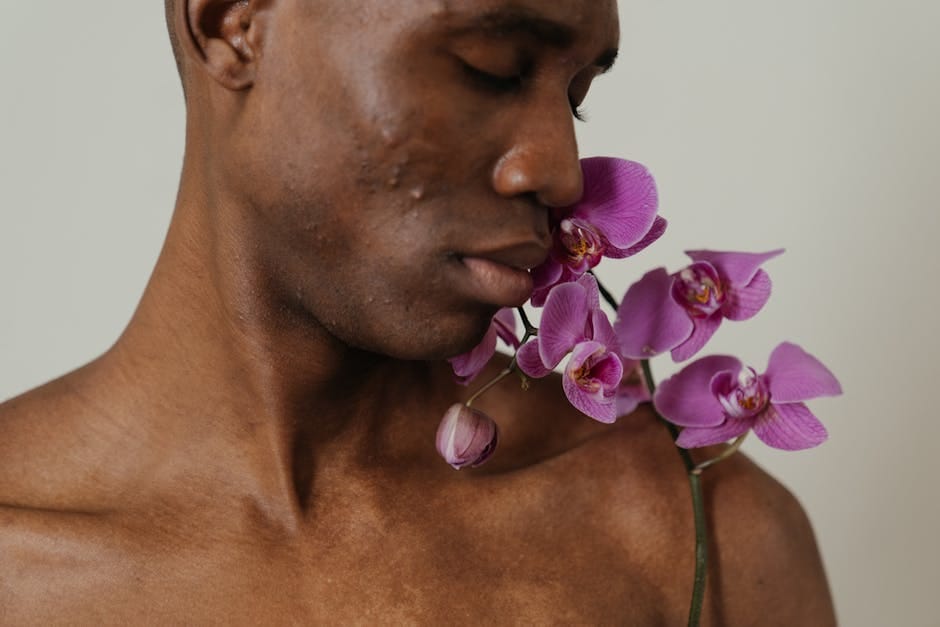Discover How to Cure Acne: The Benefits of Facial Oils
Discover How to Cure Acne: The Benefits of Facial Oils
Acne is a common skin concern that affects millions of people worldwide, often impacting self-esteem and quality of life. While there are numerous treatments available, many people are turning to natural solutions like facial oils. But can oils really help cure acne? In this post, we’ll explore the benefits of using facial oils for acne-prone skin and how you can incorporate them into your skincare routine for clearer, healthier skin.
Understanding Acne and Its Causes
Before diving into the benefits of facial oils, it’s important to understand what causes acne. Acne occurs when hair follicles become clogged with oil and dead skin cells, leading to inflammation, pimples, blackheads, and sometimes cysts. Factors such as hormonal changes, diet, stress, and bacteria can exacerbate the condition.
According to the American Academy of Dermatology, about 85% of people between the ages of 12 and 24 experience at least minor acne. This highlights the need for effective solutions that address both the symptoms and the root causes of acne.
Why Facial Oils for Acne?
Facial oils may seem counterintuitive for acne-prone skin, as oiliness is often associated with breakouts. However, certain oils can actually help balance the skin’s natural sebum production and provide essential nutrients.
Many facial oils are rich in antioxidants and anti-inflammatory properties, which can help soothe and heal acne-prone skin. Moreover, they can form a protective barrier against environmental pollutants and bacteria.
Top Facial Oils for Acne-Prone Skin
Here are some of the best facial oils that you can incorporate into your skincare routine to help manage acne:
1. Tea Tree Oil
Tea tree oil is a popular choice for acne treatment due to its powerful antibacterial and anti-inflammatory properties. Studies have shown that it can be as effective as benzoyl peroxide, a common anti-acne medication, but with fewer side effects.
2. Jojoba Oil
Jojoba oil closely resembles the skin’s natural sebum, making it an excellent choice for regulating oil production. It is also non-comedogenic, meaning it won’t clog pores.
3. Rosehip Oil
Rich in essential fatty acids and vitamin A, rosehip oil can help repair and regenerate skin. Its anti-inflammatory properties can reduce redness and irritation associated with acne.
4. Grapeseed Oil
Grapeseed oil is lightweight and packed with antioxidants. It can help tighten pores and reduce the appearance of scars and blemishes.
How to Use Facial Oils for Acne
To get the most out of facial oils, it’s essential to use them correctly. Here are some tips on how to incorporate them into your skincare routine:
- Patch Test: Always perform a patch test before applying any new oil to your face to ensure you don’t have an allergic reaction.
- Cleansing: Use a gentle cleanser to wash your face, then apply a toner to prepare your skin for the oil.
- Application: Use 2-3 drops of the facial oil and gently massage it into your skin, focusing on areas prone to acne.
- Moisturizer: Follow up with a non-comedogenic moisturizer to lock in the oil’s benefits.
- Frequency: Start by using facial oils once a day, preferably at night, to allow your skin to adjust.
Potential Side Effects and Precautions
While facial oils can be beneficial, it’s important to be aware of potential side effects. Some oils may cause irritation or allergic reactions, especially if you have sensitive skin. If you experience any adverse reactions, discontinue use immediately.
Additionally, not all oils are suitable for acne-prone skin. Avoid heavy oils like coconut oil, which can clog pores and worsen acne.
Conclusion: The Path to Clearer Skin
Facial oils can be a valuable addition to your acne-fighting arsenal, offering natural and nourishing benefits that complement traditional treatments. By choosing the right oils and incorporating them into a consistent skincare routine, you can achieve clearer, healthier skin.
Remember, everyone’s skin is different, and what works for one person may not work for another. It’s essential to listen to your skin and adjust your routine as needed. With patience and persistence, facial oils could be the key to unlocking your best skin yet.


